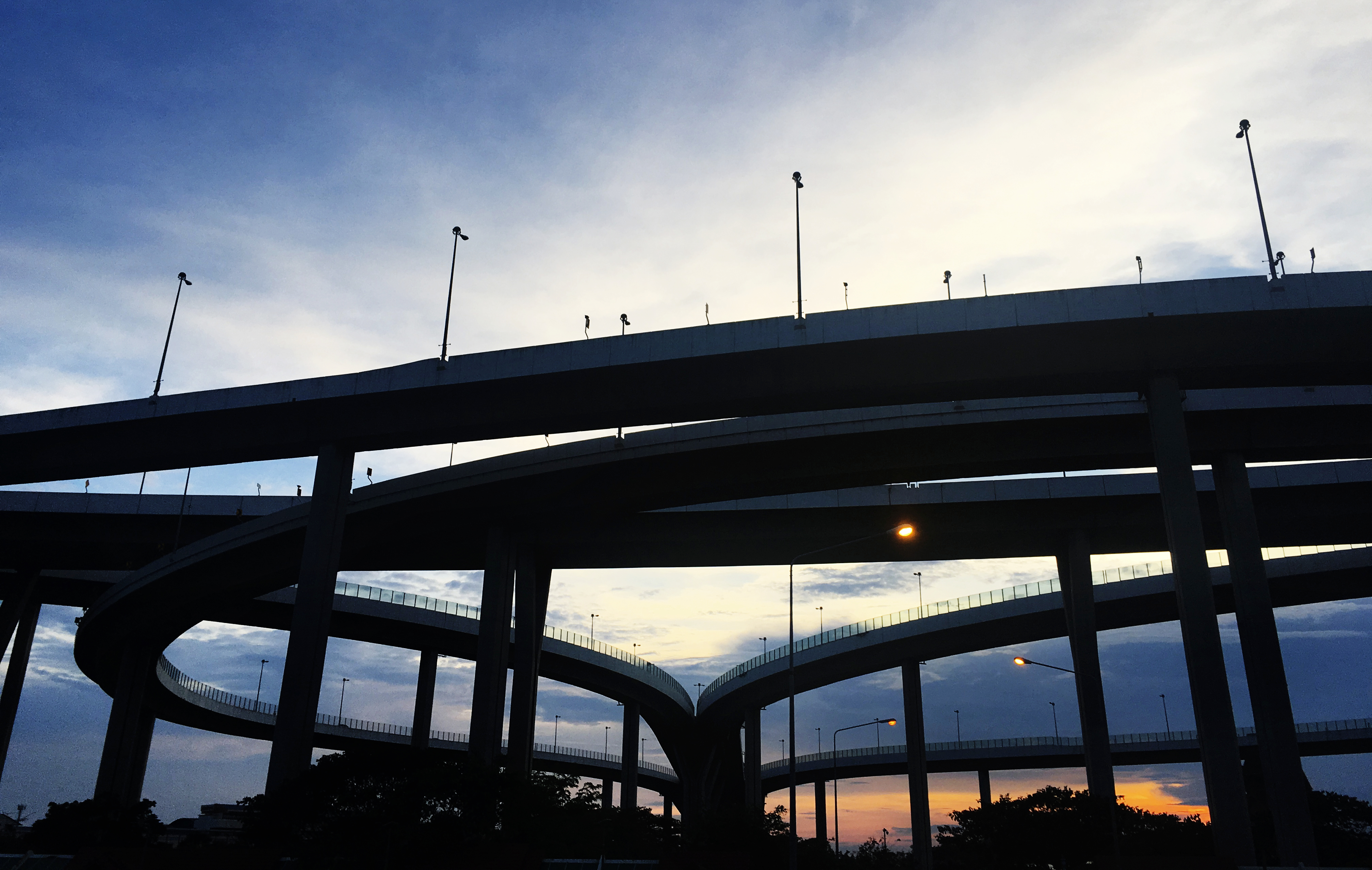Policy and Planning: What India Needs to Make Its Infrastructure Truly Resilient
Even while rapid urbanization and economic growth have been bringing so many opportunities to the developing infrastructure of India, recent climate disasters and other unforeseen events have uncovered weaknesses in India's infrastructure network. To build a future fit to last, India needs to focus on robust policy, meticulous planning, and the engineers who consult with groups in India to bring along essential technical know-how to help shape a more resilient infrastructural base.

Traditional infrastructure planning in the country has thus far been about growth rather than resilience. It has catered to more areas prone to extreme weather, seismic activity, and so on. Policies will, therefore, ensure that infrastructure meets today's needs, adapting to future shocks.
One of the most essential policy changes would be to inject resilience criteria into national and state-level infrastructure projects. For instance, it may include making sure that there are resilience checks at all levels of a project or risk assessments for major public and private sector projects. Developing resilience standards within building codes, especially in hazard-prone areas, would provide a framework where such infrastructures are automatically resilient to natural disasters and other shocks.
Holistic Urban Planning
Growth in the urban centres is as crucial to India's growth but most of these geographies are threatened due to ill-planned or obsolete infrastructure. To this effect, engineering group consultants in India play an indispensable role as they can lead to sustainable design and risk mitigation, thus helping the Indian city systems become much more intelligent and safe as a matter of layout. For instance, consultants can help city planners include advanced materials, eco-friendly designs, and smart monitoring systems to offer resilience at each stage: planning, construction, and so on.
A more holistic approach is also needed. For example, while roads and transport networks are constructed, provisions for drainage have to be made so that water does not log and flood. Similar zoning laws can separate residential and commercial areas from high-risk industrial zones, thereby ensuring that urban areas are safer in cases of disaster.
Harnessing Technology for a Smart Infrastructure
This trend of revolutionising infrastructure resilience worldwide can make it easier for India to invest in smart infrastructure solutions to be viable and at par with the global geographies. Internet of Things sensors, AI-driven monitoring systems, and data analytics can be put in place to offer real-time insight into infrastructure performance and alert authorities about potential failures before they escalate.
India can incorporate them into both fresh and existing constructions through collaboration with engineering consultants in India. For example, deploying IoT-based sensors on bridges and railway tracks may help predict stress points early on for appropriate maintenance. Advanced geospatial technology can monitor weather patterns, thus providing data for preventing or at least minimizing the impact of extreme events on infrastructure.
Financing Resilient Infrastructure
infrastructure development in India would greatly be affected through professional engineering group consultants. The group can speed up the procedures, embrace international best practices and ensure resilience considerations are integrated within every development stage of a project. In large projects such as highways, metro systems, and power grids, the resilience performances of engineering group consultants in India are drastically essential, for failure here, though minute, can lead to wide impacts. Conclusion
India's resilient infrastructure needs a multi-pronged approach that involves policy reform, urban planning, technological apparatus, financing, and expertise from consulting engineering groups in India. Only through applying resilience-first planning can India maintain robust infrastructure with the strength to go on to please generations of next users by remaining safe, sustainable, and stable.
Tag
- Structural Analysis
- Structural Analysis in India
- Structural Analysis Services, Vijna Consulting
